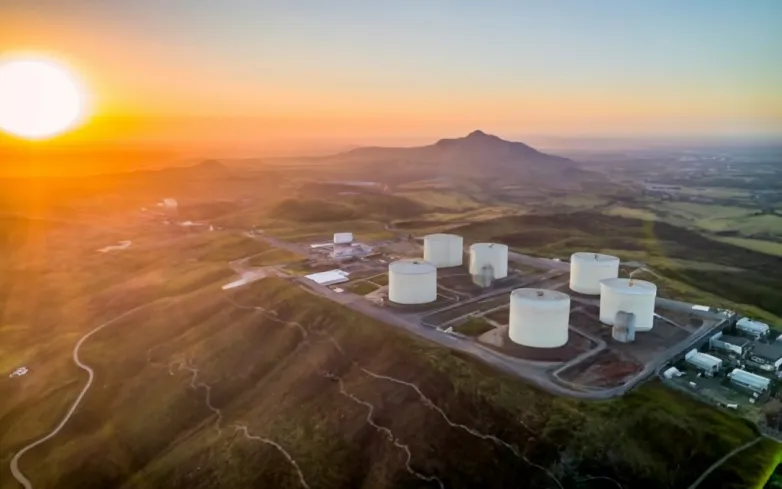EDF, CIP Secure 257MW in South African Storage Tender
- EDF Renewables & CIP-owned Mulilo Energy have been awarded preferred bidder status for 257MW of grid storage capacity in South Africa. As part of a ZAR7bn (€343m) total cost, the consortium will deliver three battery energy storage projects, providing sustainable electricity for 61 million people. A significant milestone for Mulilo, they are outperforming their business plans.

EDF Renewables and CIP-owned Mulilo Energy have been awarded preferred bidder status for 257MW of grid storage capacity in South Africa, out of five projects awarded in the country's first BESS competition. The consortium will deliver three battery energy storage projects at an estimated total cost of more than ZAR7bn (€343m). When completed, the projects will dispatch electricity under 15-year power purchase agreements. Robert Helms, a partner at CIP, commended the South African government’s commitment to the rapid buildout of battery energy storage. Mulilo’s chairman of the board, Jan Oberholzer, said the achievement was an important and significant milestone for Mulilo, and that the team was outperforming their business plans. The consortium is committed to playing an important role in ensuring sustainable electricity supply for the betterment of the lives of the 61 million people in South Africa.
What Role Will EDF Renewables and CIP Play in South Africa's BESS Competition?
- EDF Renewables and CIP will be responsible for the design, financing, construction, commissioning, and long-term maintenance of the three battery energy storage projects.
- The consortium will deliver a total of 257MW of grid storage capacity, with each battery energy storage project ranging from 80 to 105MW.
- The projects will utilize a combination of short-duration lithium-ion batteries and solar energy to deliver electricity under 15-year power purchase agreements.
- The projects will help improve the security of South Africa’s energy supply, reduce power outages, and increase the country’s ability to exploit renewable energy sources.
- The consortium is also committed to creating investment and job opportunities in the local economy, providing skills training to local communities, and implementing environmental best practices.
- The consortium is also working with the South African government to ensure that the projects are built to support the national energy transition and bring South Africa closer to its renewable energy targets.
Also read

